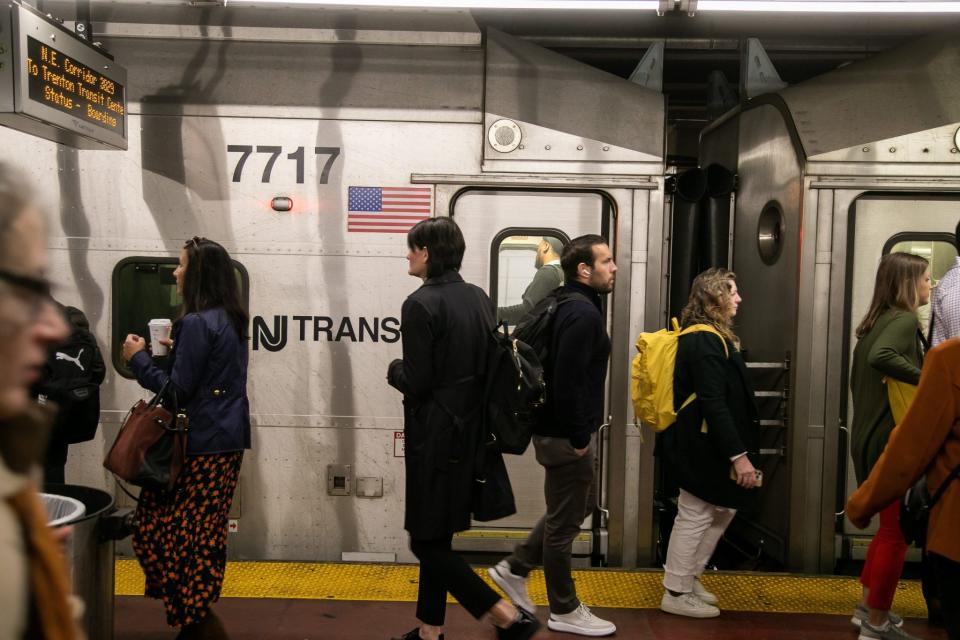Bosses aren’t backing down from their RTO demands in 2024

Good morning!
If you were hoping for a resounding WFH victory for workers in 2024, you may be out of luck. Executives overwhelmingly say they plan to track their employee’s office attendance this year, offering incentives for the rule followers and punishments for the rebels.
Eight in 10 companies plan to track employee attendance in 2024, according to a survey conducted in December of 800 business executives, senior managers, and HR managers from career site Resume Builder. Most managers, around 62%, plan to use badge swipes, 50% plan to manually track attendance, 50% plan to measure wi-fi usage, and 43% say they will use occupancy sensors. Three-fourths of executives and senior managers surveyed said they were mandating a return to office because they believe it will boost productivity, and 63% said they believe a mandate will improve workplace culture.
Leaders plan to use both the carrot and the stick to get workers back in their cubicles. Around 95% of companies surveyed say employees will face consequences if they don’t comply with attendance requirements—these include cutting bonuses, changing benefit offerings, and reducing salaries. And one-third of leaders say they will fire employees who don’t go along with office requirements.
But 91% of leaders also plan to incentivize workers to come back to the office. Around 45% plan to offer happy hours, 46% plan to offer catered meals, and 41% plan to offer upgraded office spaces. Some are also trying to lure workers back to the office with bigger perks: Around 40% plan to offer raises, and 37% plan to offer childcare benefits.
It’s unlikely, however, that enticements of after-hours cocktails will actually bring workers back, according to Julia Toothacre, Resume Builder’s resume and career strategist. Many workers are hell-bent on leaving the office once their workday ends, and couldn’t even be convinced to attend their annual office holiday parties last month.
“For a lot of people it becomes: ‘If you are not compensating me for staying after my normal work hours, I'm not doing it,’” she says, noting that attitude is a stark contrast from 15 or 20 years ago, when such after-hours events were considered key to networking and advancing one’s career. “Companies who are run by a different generation, in most cases, they think that that's the thing that people need, and it's not. They want their time back, they want to be compensated, they need childcare.”
Managers should also be mindful of winning the battle but losing the war when it comes to RTO, she warns. While some workers may leave in protest, others will comply out of fear alone, which hurts office culture overall.
“I think these companies think that it's improving morale, when really people just aren't complaining about it, because they don't want to get fired,” she says.
Paige McGlauflin
paige.mcglauflin@fortune.com
@paidion
This story was originally featured on Fortune.com

 Yahoo Finance
Yahoo Finance 